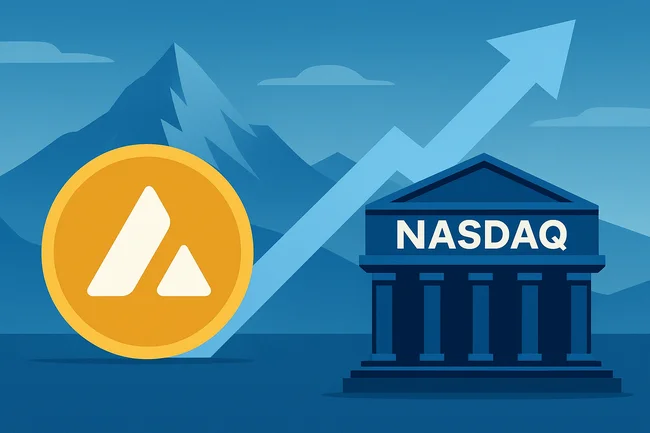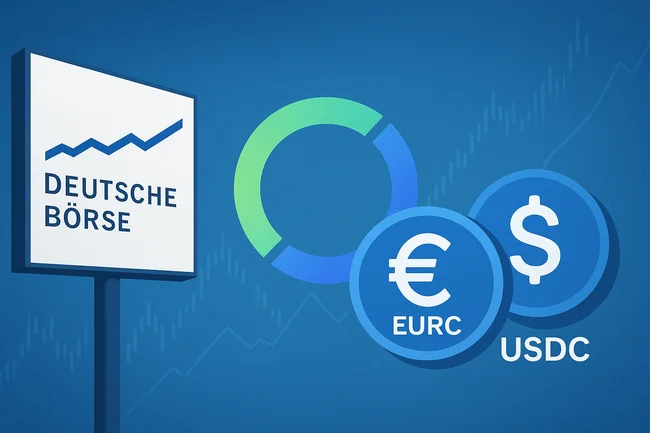VM architecture refers to the design and structure of a virtual machine that executes smart contracts and executes transactions on a blockchain network. Smart contracts are self-executing agreements with the terms directly written into code. A virtual machine provides an environment where these contracts can be executed in a deterministic way, ensuring that the outcomes are consistent and verifiable by all participants in the network.Different blockchains may utilize different VM architectures. For example, Ethereum uses the Ethereum Virtual Machine (EVM), which allows developers to write and deploy smart contracts using Solidity. In contrast, other blockchains may have their own VMs, optimized for specific use cases or performance.The choice of VM architecture can impact scalability, security, and efficiency of contract execution. Overall, a well-designed VM architecture ensures that the processes within the blockchain function smoothly, enabling the deployment of decentralized applications and facilitating complex financial transactions without intermediaries.

Avalanche Treasury Co. to Go Public in $675M Deal With Mountain Lake Acquisition
Avalanche Treasury Co. (AVAT), a digital asset treasury company aligned with the Avalanche Foundation, said Wednesday it has agreed to



